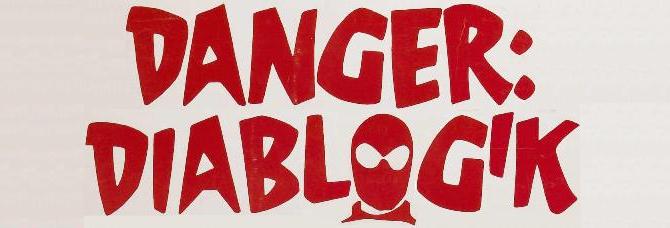
Aguirre, the Wrath of God 1972
Reviewed by: Dan S.
Directed by: Werner Herzog
Written by: Werner Herzog
Starring: Klaus Kinski
Languge: German
Aguirre drifts somewhere between the most gritty realism and the most stylized of the surreal. Painfully shot on location in the grueling jungles of South America, Herzog lingers on the scenery in such a way that the misty mountains and raging rapids start to take on a strange dream like quality. The droning minimalist musical score adds to the hazy, trance inducing atmosphere. Much like the doomed characters of the film, the viewer also becomes lost in a fever dream where reality and fantasy blur. You 'll see a distant ship nested in the tree tops and wander if it is really there or not. All the while, Herzog's eye for harsh realistic detail serves as a reminder of the film's reality. There is a strange numb dread about the movie, one of the most peaceful descents into oblivion you can possibly hope for. Even the more violent death scenes come across as being painless and gradual, so much so that many of the characters don't even seem to notice that they're dead, let alone care. Just as death gradually consumes the characters, the apocalyptic climax creeps up on the viewer without them even knowing it.
The story is a simple one, told visually and with little dialouge. The missionary (Del Negro) spaciously narrates the more concrete aspects of story. On the surface it is simply a tale of greedy conquistadors who revolt against orders, sail down the river, and are gradually killed off by hunger, illness, natives, and each other. Kinski approaches Aguirre with a quiet, controlled intensity that makes his character far more disturbing than any ranting lunatic; letting his expressive eyes convey the scheming madness and menace boiling under the surface. Kinski, of course, dominates every scene, but the supporting performances are also fantastic. In addition to Del Negro, Helena Rojo and Ruy Guerra give near-silent, strong-faced performances that interestingly clash with the tragedy of their situation. They are sympathetic, but they aren't asking for your sympathy or even your support. While none of the supporting characters are boundless with development or depth, everyone is at least allowed a revealing scene or two that makes them more than just props for Herzorg's camera.
.jpg)

No comments:
Post a Comment